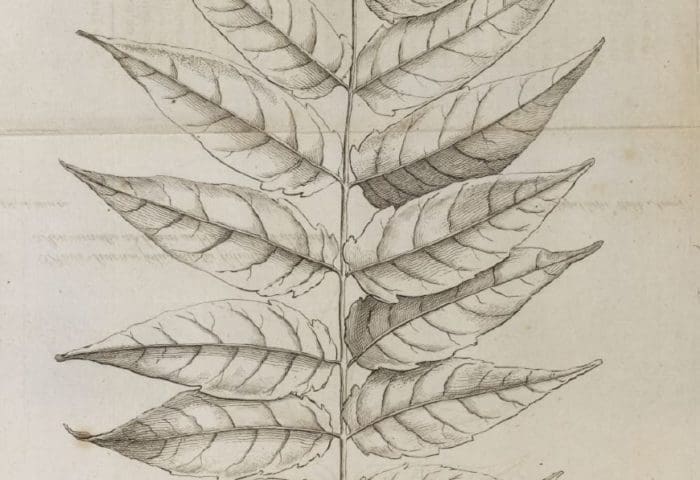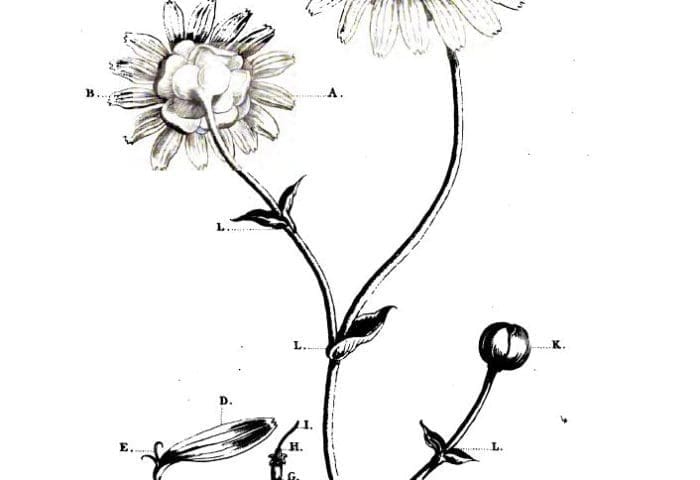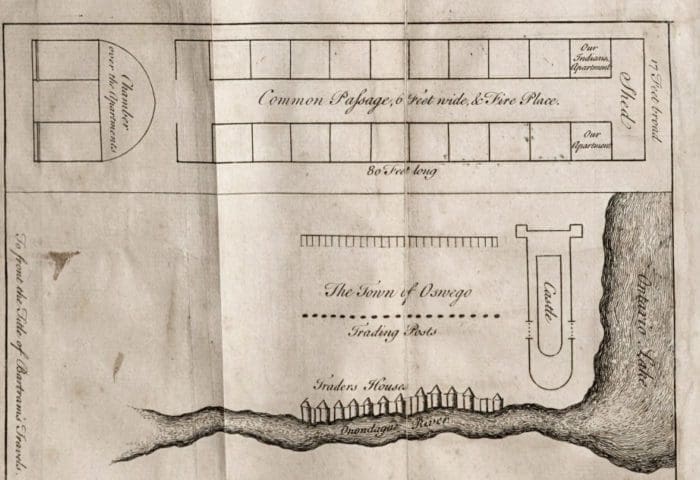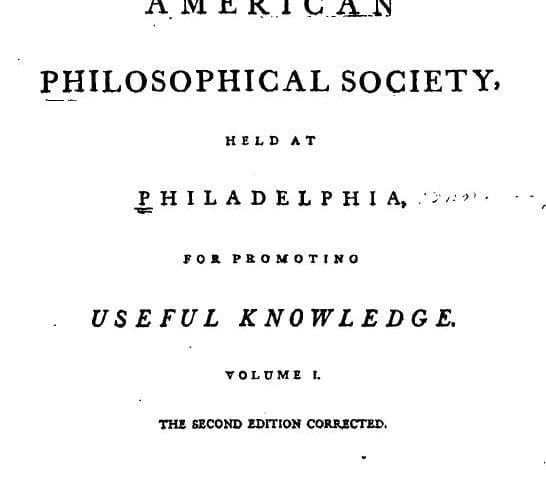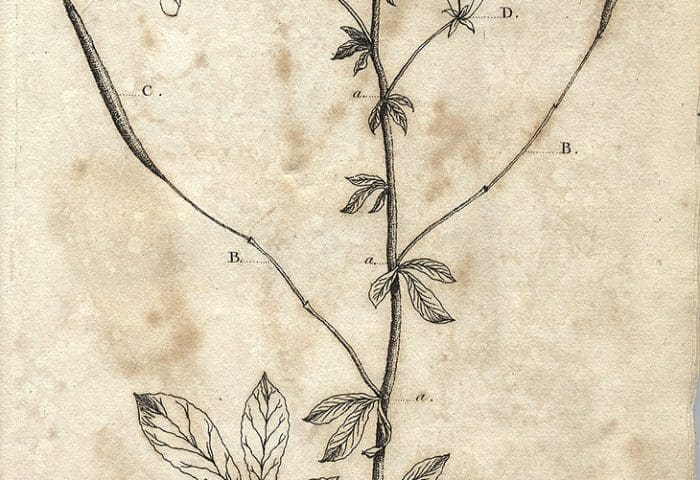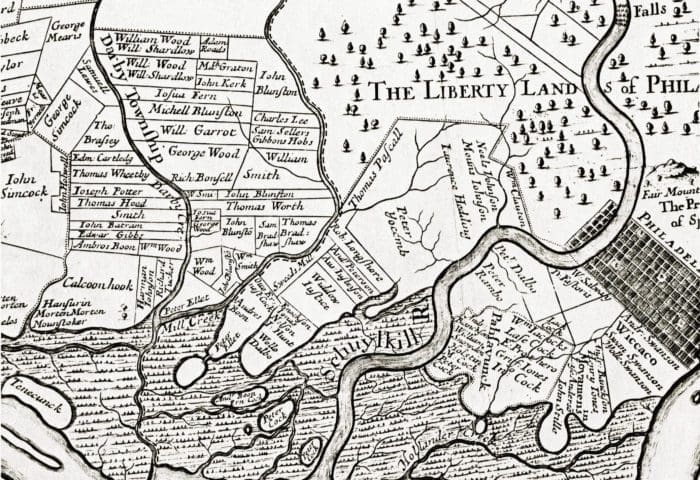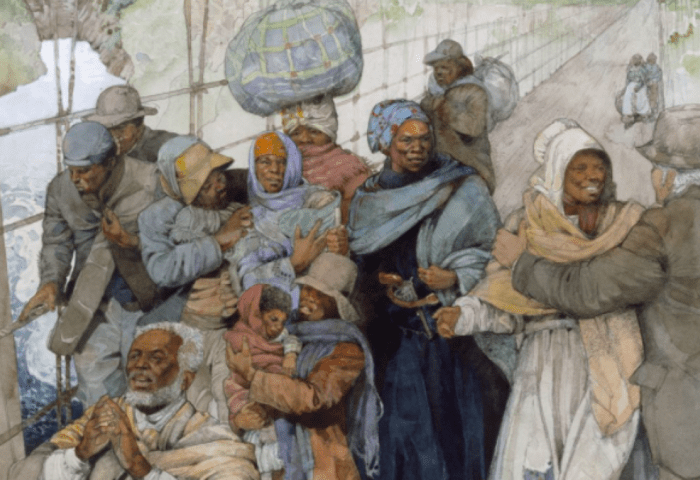Category: Bartram History
Ailanthus: John Bartram and Philadelphia’s Most Notorious Tree
Few trees define America’s urban environments more than Ailanthus altissima, or the “Tree-of-Heaven.” If you are not familiar with that name, you are undoubtedly familiar with the tree itself. Ailanthus…
Read MoreJohn Bartram’s and Peter Collinson’s Differing Views on Native Americans
Just as family and friends sometimes debate over modern political issues, the events of the past were oftentimes no exception. The correspondence between John Bartram and his business partner, Peter…
Read MoreWilliam Bartram, Indigenous Botany, and the Roots of American Medicine
Eighteenth century American medicine was closely tied to botanical knowledge. While the Bartrams’ contribution to early American medicine through their relationships with physicians in Philadelphia is well-documented, what is less…
Read MoreJohn Bartram’s Journey to Onondaga, 1743
In July of 1743, Conrad Weiser, Pennsylvania’s interpreter and diplomat for Native American nations, invited John Bartram and land surveyor Lewis Evans to accompany him to the Iroquois capital of…
Read MoreThe Bartrams, the White Mulberry Tree, and the Story of American Silk
The Bartrams were a family of natural scientists who would happily collect and cultivate almost any plant, but they were not immune to acquiring plants that carried the allure of…
Read MoreAn African Plant in Louisiana: William Bartram’s Encounter with Cleome gynandra
In October of 1775, William Bartram discovered a curious plant while voyaging through the bayous and cypress swamps of coastal Louisiana. While he was passing by the Taensapoa River along…
Read MorePlantations in Pennsylvania
Passages taken from “Slavery and Freedom at Bartram’s Garden” by Joel T. Fry, presented at the McNeil Center for Early American Studies conference: Investigating Mid-Atlantic Plantations: Slavery, Economies, and Space,…
Read MoreMary and Grace Clark
On November 26, 1792, Mary and Grace Clark were manumitted by Ann Bartram (1741-1824), the youngest daughter of Bartram’s Garden founder, John Bartram (1699-1777). Mary Clark purchased her freedom from…
Read More“6 likely negroes”: John Bartram and the East Florida Plantation
On April 5, 1766, John Bartram wrote a letter to his son about a shipment from Charleston to East Florida. William Bartram became a plantation owner in the British colony…
Read More
